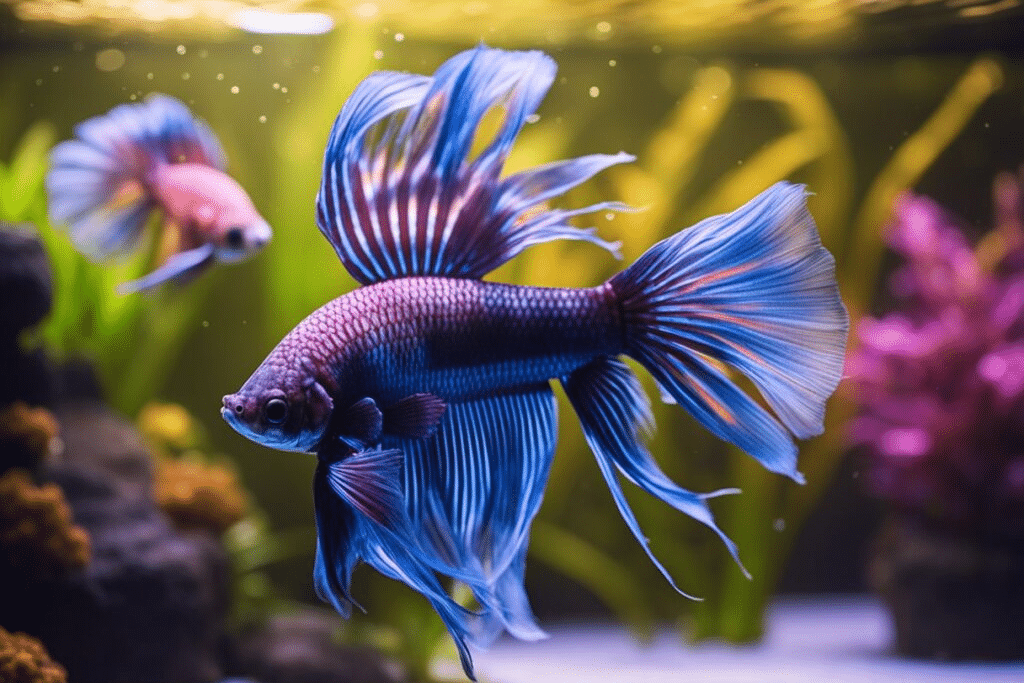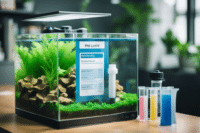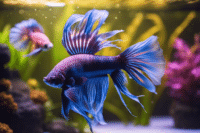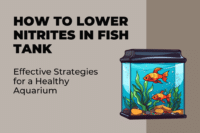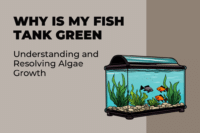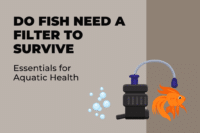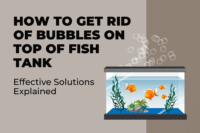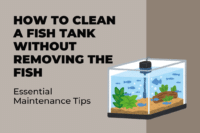Betta fish are a favorite among aquarium enthusiasts, but there are times when you might find yourself wondering about their feeding needs, especially when you’re away.
Betta fish can typically survive without food for up to 3-4 days, but in some cases, they can manage up to two weeks. Knowing this can be a relief, but it’s essential to understand the nuances of their dietary habits.
Betta fish in the wild may go without food for some time, relying on their body reserves. In captivity, though, they need consistent feeding to stay healthy. Overfeeding is a common mistake, so it’s crucial to strike a balance. Remember, they only need a tiny amount and shouldn’t eat more than they can consume in a couple of minutes.
Planning a trip and concerned about your Betta’s meals? There are solutions like using an automatic feeder or asking a friend to help. Keeping their tank in good condition also helps them endure short fasting periods. So, understanding and properly managing their feeding habits ensures your Betta remains healthy and happy.
Key Takeaways
- Betta fish can survive without food for up to 3-4 days, and sometimes up to two weeks.
- Consistent and balanced feeding is crucial for Betta health.
- Solutions like automatic feeders can help during vacations.
Understanding Betta Fish and Their Dietary Needs
Betta fish, also known as Siamese fighting fish, are beautiful and popular pets. To keep them healthy, it’s important to know about their natural environment, what they should eat, and how to keep their tank water clean.
The Natural Habitat of Betta Fish
Betta fish come from shallow waters in Southeast Asia, mainly Thailand, Cambodia, and Vietnam. They live in rice paddies, ponds, and slow-moving streams. This environment impacts their needs in captivity.
In the wild, bettas deal with varying water conditions. They thrive in warm temperatures between 75-80°F (24-27°C). Because of their natural surroundings, they need clean and stable water conditions in their tanks to stay healthy and active.
Betta Fish Diet and Nutrition
Betta fish are obligate carnivores. This means they need a diet rich in animal protein. In the wild, they eat small insects and larvae.
You can feed your betta a variety of foods like pellets, bloodworms, brine shrimp, and mosquito larvae. Make sure the pellets are specifically made for bettas. A good rule is to feed them as much as they can eat in 2-3 minutes once or twice a day. Avoid overfeeding to prevent health issues.
Significance of Water Conditions
Keeping the water clean in a betta’s tank is crucial. Poor water quality can lead to diseases and stress. Use a water conditioner to remove chlorine and harmful chemicals from tap water.
Check the tank’s water parameters regularly. Ammonia, Nitrite, and Nitrate levels should be kept low. Perform partial water changes weekly. A good filter helps maintain water quality, but it’s still important to monitor conditions closely.
By replicating their natural environment and providing them with the right diet and clean water, your betta fish can live a healthy and happy life.
Feeding Practices and Considerations
Proper feeding is crucial for the health and well-being of betta fish. It’s important to establish a regular feeding schedule, avoid overfeeding, and pay attention to factors like temperature and stress that can impact feeding habits.
How to Feed Your Betta Fish While on Vacation
Leaving your betta fish alone for a few days can be stressful, but there are ways to ensure they get fed.
An automatic fish feeder is a great tool. These devices can be programmed to release food at specific times.
Another option is using feeding blocks or block feeders. These gradually dissolve and release food over several days. Both options can work well if you’re away for up to two weeks.
If you’re going to be gone for a longer period, you might consider asking a pet sitter or fish sitter to check in on your fish. They can help with feeding and any other tank maintenance needs.
Recognizing and Preventing Overfeeding
Overfeeding is a common problem that can lead to serious health issues like constipation or bloating in bettas. Betta fish have tiny stomachs and should only be fed small amounts.
A good rule is to feed them as much as they can eat in 2-3 minutes. Generally, this is around 1.8 grams of food daily. Spread out feeding to 2-3 times a day.
Be aware that uneaten food can dirty the tank and harm water quality. Regularly monitor your fish and remove any excess food after feeding.
The Impact of Temperature and Stress on Feeding
Temperature and stress play a big role in a betta fish’s feeding habits.
Betta fish thrive in water temperatures around 78-80°F. Too cold or too hot can reduce their appetite. Make sure to use a reliable heater to maintain the right temperature.
Stress also affects feeding. Factors like tank size, aggressive tank mates, and frequent changes can stress out your betta.
Providing a calm environment with hiding spots and stable conditions will help keep stress levels low. This ensures your betta remains healthy and happy.
Regularly check for signs of stress, such as hiding or erratic swimming, and make adjustments as needed.
Conclusion
Betta fish can go without food for 3-4 days without much concern. Beyond this, problems can occur. When left unfed for 10-14 days, they face health risks.
If you’re going on a short trip, your betta should handle a few days without food just fine. Always ensure they’re not left for more than two weeks without eating.
To keep your betta happy and healthy, stick to a regular feeding schedule. Feed only what they can eat in 2-3 minutes. It’s best to avoid overfeeding.
In sudden absences, you can also consider automatic feeders or asking a friend to help. Your betta will appreciate it!
Please Wait for 30 Seconds and click to the Next Post Button.
